The Man Who Sold The World: How Robinson Canó Sabotaged His Own Career
June 16, 2023
:format(webp)/cdn.vox-cdn.com/uploads/chorus_image/image/59742817/488183414.jpg.0.jpg)
Robinson Canó should have had an open and shut case as a Hall of Famer and should’ve been on an active MLB roster today. In the late 2000s, Robinson Canó established himself as the successor to Derek Jeter as the New York Yankees franchise player early into his career. Canó was named to Multiple All-Star Teams, placed in the top-six for AL MVP in five consecutive seasons, and helped the Yankees take home their first world series title in nine years in 2009. In 2013, Canó inked a ten-year $240-million contract with the Seattle Mariners, which was, at the time, the fourth-largest contract in Major League history. Canó continued his streak of success, reaching 2000 career hits in 2015 and notching a career-high 39 Home Runs in 2016. Canó had only solidified his Hall of Fame case by age thirty-four. However, after being traded to the New York Mets in 2018, it has all been downhill for Canó since. Two drug suspensions and some questionable signings have essentially closed Canó’s Hall of Fame curtain and potentially the possibility of him ever playing for a Major League club again. With this, let’s look back at Robinson Canó’s career and how he folded before it was all over.
Early Years In New York
To be entirely fair, Robinson Canó should have never played for the New York Yankees. An 18-year-old Canó was signed out of High School in the Dominican Republic by the New York Yankees as an international prospect. In his first few years with the Yankees single-A and rookie league teams, Canó showed promise at the plate; however, he severely struggled defensively. Canó finally emerged into the Yankee’s top prospect list in 2003 while at the double-A level. Around the same time, the New York Yankees needed extra star power to make it to the World Series again. Because of this, Canó was offered as a player to be named later in three trade packages in 2004. Robinson Canó was offered to the Texas Rangers in the Alex Rodriguez trade, and two failed deals with the Royals and Diamondbacks for Carlos Beltran and Randy Johnson, respectively. However, by the sheer fate of a couple of General Managers, Canó finished the 2004 season on the Yankees Farm Roster and was called up to the Yankee’s Triple-A Affiliate, The Columbus Clippers, in June. Canó eventually made his Major League debut for the Yankees on May 3, 2005, against the Tampa Bay Devil Rays. The next day, he recorded his first two career hits against hall-of-fame pitcher Hideo Nomo. Canó finished the season with a .297 Batting Average and 14 Home Runs and finished second in the AL Rookie Of The Year race behind Huston Street. Canó struggled defensively, much as he did in the Minors, recording his career-high 17-steals, and had the sixth-worst Defensive rating in the league. In the Yankee’s ALDS series against the Angels, Canó lit up with five RBI and hitting two doubles. Despite Canó’s ability to move the bases, New York lost in three. Canó made his name known after his sophomore season. He was named to the All-Star team as a starter in 2006, won silver slugger, and even received a few MVP votes, only as a sophomore. Canó had a bit of a slump between 2007 and 2008, with 2008 being his worst season, with at least 90% games played. Canó posted a 0.2 WAR and .271 Batting Average. If Robinson made his name known in 2006, 2009 tattooed it across the league’s face. Canó knocked 25 home runs, 85 RBI, and a career-high 204 hits. Canó finished the season with the third-most hits in the league, and he and teammate Derek Jeter became the first infield duo to both record 200 hits in league history. Canó was a vital member of the Yankees’ 2009 World Series championship run over the defending champion Philadelphia Phillies and recorded the final out of the series. Around this time in his career, Robinson had improved his defensive ability immensely and won his first Gold Glove in 2010, as well as finishing third in AL MVP Voting. Canó won the 2011 Home Run Derby and his first career Silver Slugger. 2012 was Canó’s greatest season in New York. He posted an 8.4 WAR and a then-career-high 33 home runs. Canó also recorded a career 23-game hitting streak through July. Canó choked in the playoffs against the Orioles and Tigers, however, which was a factor in the Yankees being swept in the ALCS by Detroit.
The Next Era In Seattle
In 2014, Robinson Canó signed one of the largest contracts in MLB history after signing a ten-year, $240 Million contract with the Seattle Mariners. Canó turned down the Yankees’ seven-year, $175 Million offer as he didn’t feel “respected” by the offer. Robinson joined Cy Young winner Felix Hernandez and rising star Kyle Seager in their attempt to bring Seattle back to the postseason. Despite this move, Canó didn’t statistically improve much from the two previous seasons in New York; he was still hitting around .314 and putting in around 190 hits per season, Which isn’t bad at all; he was just playing the exact same way he had been playing for three years now. The Mariners missed the wild card, just one game behind the Oakland Athletics. This was the closest they’d ever get to making the postseason with Canó on the roster. Canó showed a good amount of regression in 2015, recording a career-high 107 Strikeouts and a .287 Batting Average. In 2016, Canó knocked a career-high 39 Homers. During Robinson’s tenure with the Mariners, it was eminent he was regressing with age and falling more and more from the player he used to be on the Yankees, but he was still performing well and semi-consistently. He was almost in sort of in a middle ground.
The Fall From Grace
Early in the 2018 Season, Robinson Canó was suspended 80 games for testing positive for Furosemide, a diuretic used to help fluid retention for heart and kidney disease but is also commonly used by athletes to mask performance-enhancing drug usage. Canó explained that the positive test was a result of him being prescribed the medication in the Dominican Republic to treat an unspecified medical ailment and highly refuted the claims that he used PEDs. For context, Furosemide isn’t by itself banned by the MLB; however, since the drug can be used to mask PEDs, a positive test will result in a suspension. At the time, this didn’t completely ruin Canó’s name or legacy, as many believed Canó was telling the truth and didn’t know about the drug’s reputation. Canó was still on his way to 3000 hits if he stayed healthy, and to the Hall of Fame if he stayed out of trouble. That winter, the Mariners made a splash in the offseason, trading Canó and Reliever of The Year Edwin Diaz to the New York Mets in exchange for Jay Bruce, Anthony Swarzak, Gerson Bautista, and top prospects Jarred Kelenic and Justin Dunn. This was a very controversial trade, as the Mets were giving away two first-round prospects for an aging Canó, who still had five years on his massive contract. Canó played the worst baseball he’d ever played in the Majors with the Mets. In 2019 and 2020, he was on and off the IR and recorded a total of 154 Hits in those two years. The then-38-year-old was a shell of his former self, and his chances of getting into Cooperstown were officially slim-to-nothing when on November 18, 2020, Robinson Canó tested positive for Stanozolol, a steroid, and was suspended the entire 2021 MLB Season. It was over. The best second baseman in the league for a little over a decade was exposed as a fraud. Canó returned to the Mets in 2022 for twelve games before being cut. Canó was later picked up by the Padres and Braves for very short stints that season. Today, Canó is 42-years-old, and last played baseball for the Dominican National Team in this year’s World Baseball Classic, and it’s unknown if he will ever play professionally again. While Robinson Canó’s story in the MLB might already be wrapped up, we should never forget how he played, what he meant to his fans, teams, and the league, or what and where he could’ve been now.




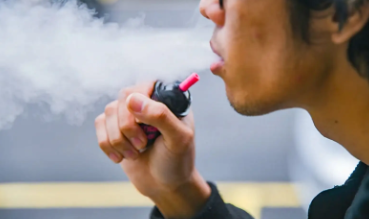








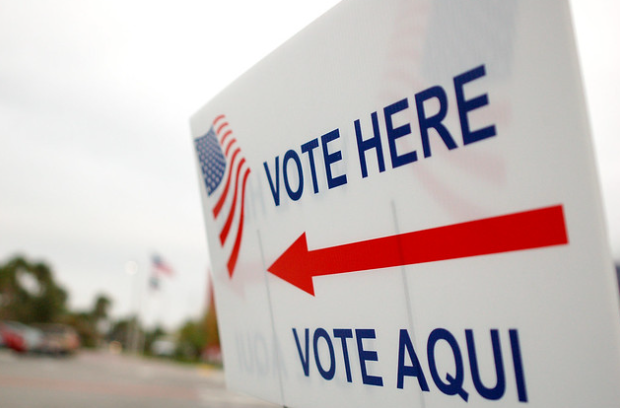















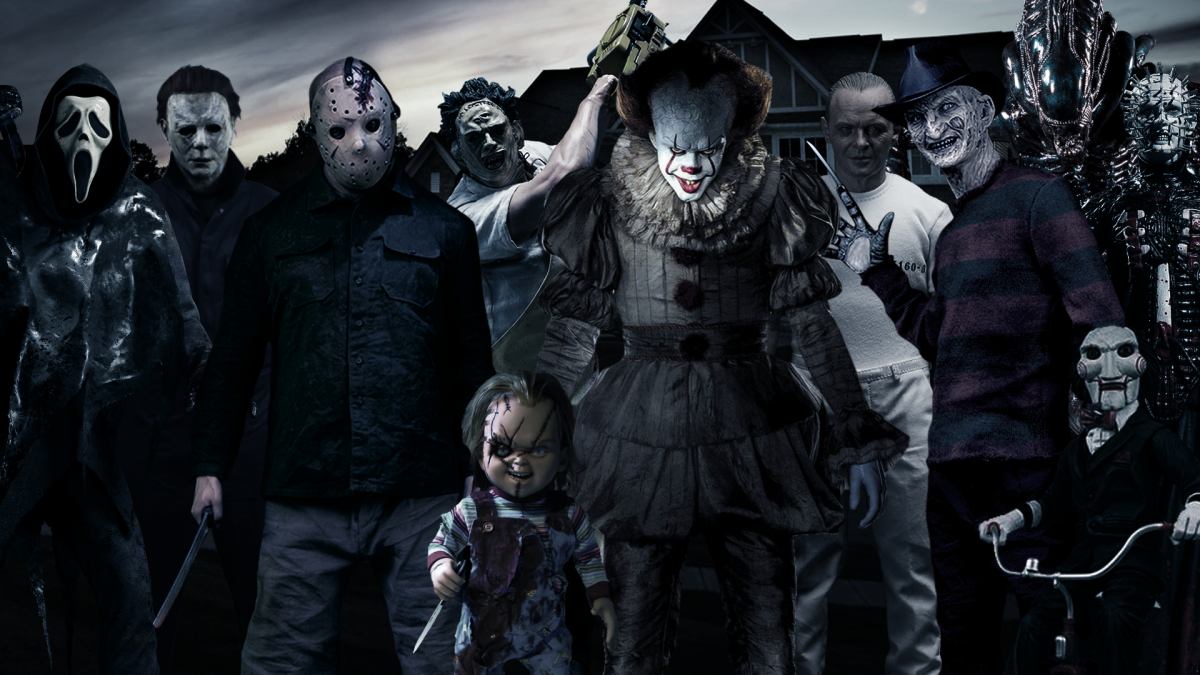






















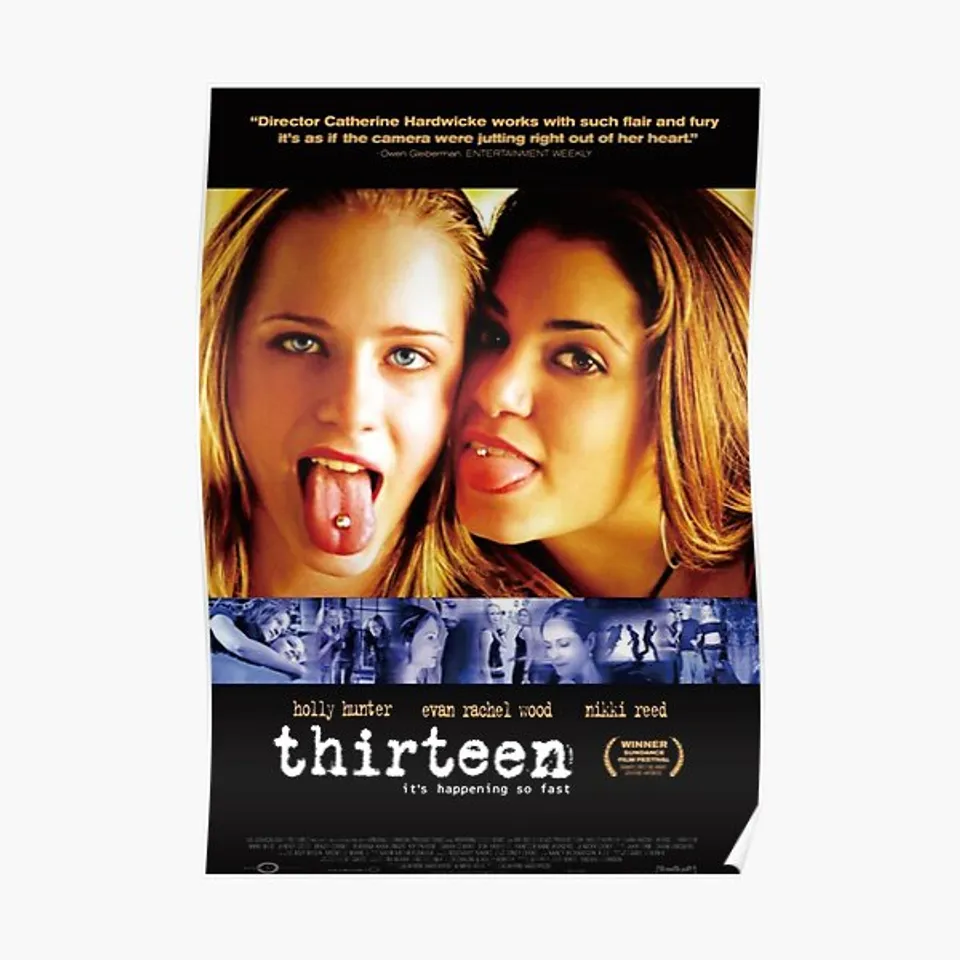


























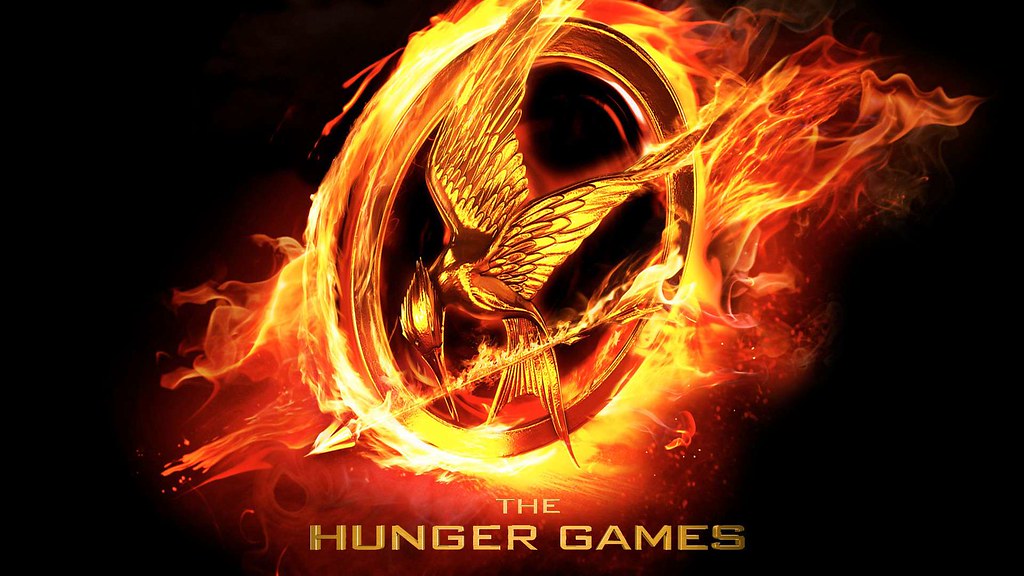
























































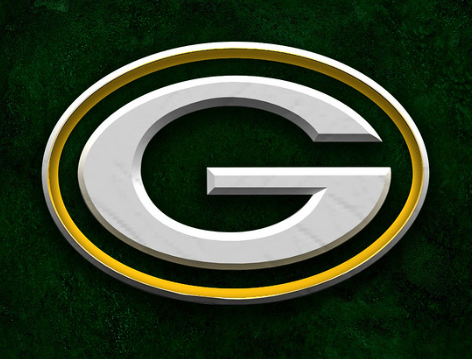










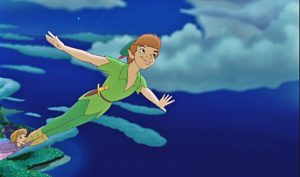
Max • Sep 13, 2023 at 1:29 pm
I liked how this was written